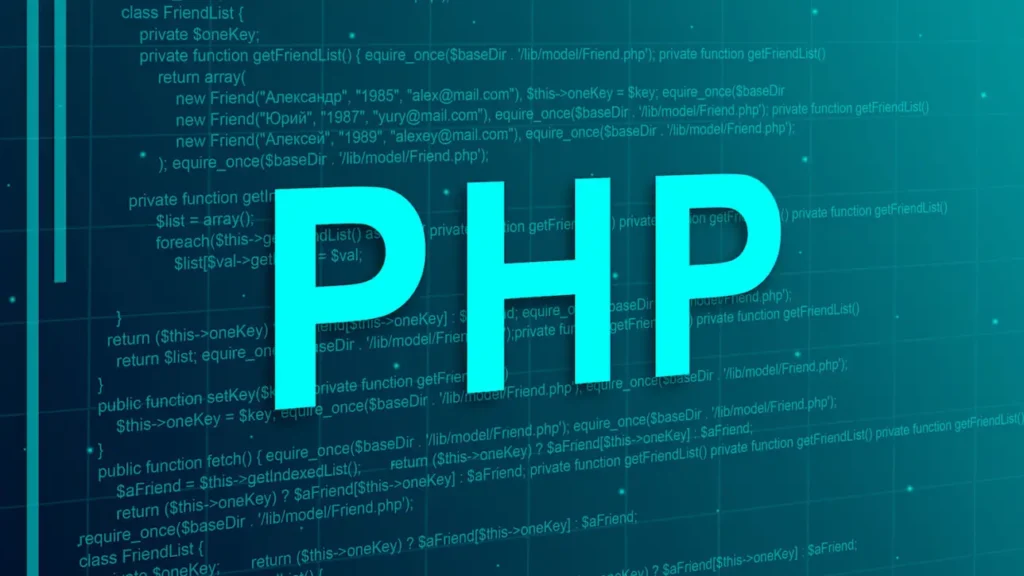What is the full form of PHP?
The PHP full form is Hypertext Preprocessor. Previously, the acronym stood for Personal Home Page. It is a popular programming language for developing web apps and web pages. It is a server-side scripting language encoded in HTML that is used to create dynamic websites, static websites, and web apps. It was created by Rasmus Lerdorf in 1994. The syntax of PHP is similar to that of C, C++, and Java. It manages dynamic websites, dynamic content, cookie databases, and sessions, among other things.
Read Other Full Forms
PHP is used to construct websites such as www.yahoo.com and www.facebook.com. It can be easily integrated with HTML files, and HTML codes can even be written in PHP scripts. The primary distinction between PHP and HTML is that HTML codes are rendered immediately on the browser, but PHP instructions are run on the server. PHP instructions are initially run on a server, and the result is then sent to the browser. The only data that the browser or client understands is the outcome of PHP code execution on the server, not the PHP script itself. PHP may also handle client-side programming languages such as Javascript and CSS.
PHP Specification
- PHP design is straightforward because C and C++ libraries are not used. It includes numerous predefined functions for protecting your data. PHP execution begins with (? php) and concludes with the sequence of closing escape? (>).
- It is an open-source language that may be downloaded for free.
- PHP 4.0 employs resource allocation algorithms and object-oriented programming, in addition to session management features. It eliminates wasteful memory allocation.
- PHP includes numerous authentication functions for data protection.
- PHP code can also be executed on any device, such as tablets, smartphones, and laptops.
- It introduces object-oriented programming operations in PHP 4.0.

The benefits of PHP
- It is database-integrated with numerous other programming languages, including CSS, HTML, JavaScript, etc.
- PHP is supported by all Operating Systems, including Linux, Windows, Unix, etc.
- It is simple to connect to the database and store and retrieve data. PHP can also be developed using various databases.
- It is the fastest programming language compared to other scripting languages.
- PHP structures and technologies are employed to defend web applications from external attacks and dangers.
Disadvantages of PHP
- Error management is inappropriate for a PHP framework.
- Due to the difficulty of its upkeep, it is unsuitable for widespread use.
- PHP is open-source, thus its code is accessible to all programmers. If there are faults in the software code, then other programmers can identify its weak point.

